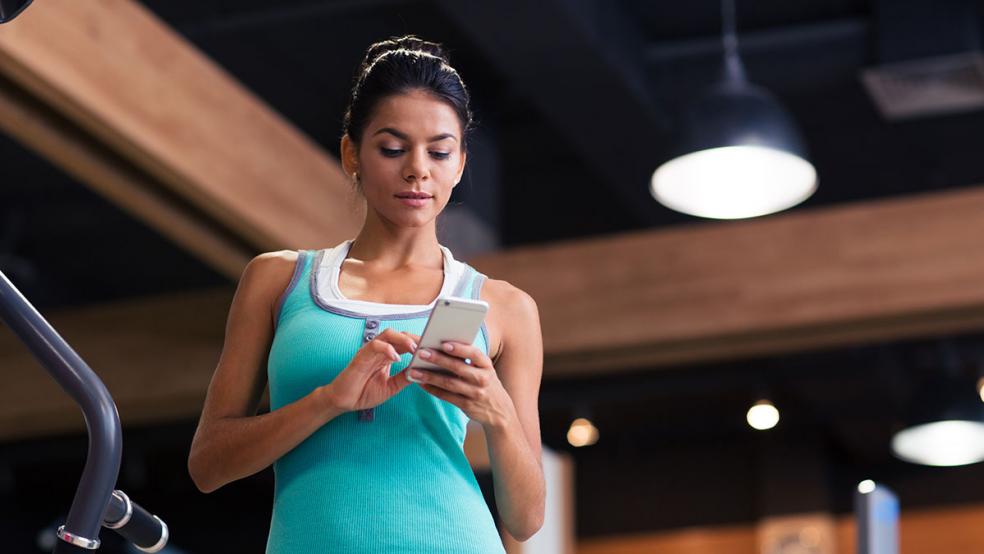Health apps for mobile devices have seen explosive growth in recent years, but some apps may be promising more than they can deliver.
Three such apps reached a deal this week with New York Attorney General Eric Schneiderman related to allegations that they were deceiving consumers. Two of the apps, Cardiio and Runtastic, claimed that they could accurately measure a user’s heart rate after exercise via a smartphone camera and sensors; the third, My Baby’s Beat, promised to convert a smartphone into a fetal heart monitor. Collectively, the apps have been downloaded more than a million times.
Related: Love Your Fitness App? It Could Be Spying on You
All three apps had not done sufficient testing to prove their claims, according to Schneiderman. Under the settlement, the developers agreed to provide additional testing information to consumers, change their ads, and pay $30,000 in penalties. They also agreed to update their privacy policies to provide more protection to consumers and disclose that they collect and share information that could be personally identifying.
There are now more than 165,000 apps available that provide medical advice or education, track fitness, or analyze symptoms, although just a few dozen of them account for the majority of downloads, according to a 2015 report.
Last summer, Apple tightened its guidelines for medical apps, letting developers know that it would reject medical apps that could provide inaccurate data. It also said that apps should not encourage users to put their phones under their pillows while charging overnight (a common requirement for many sleep-tracking apps).





